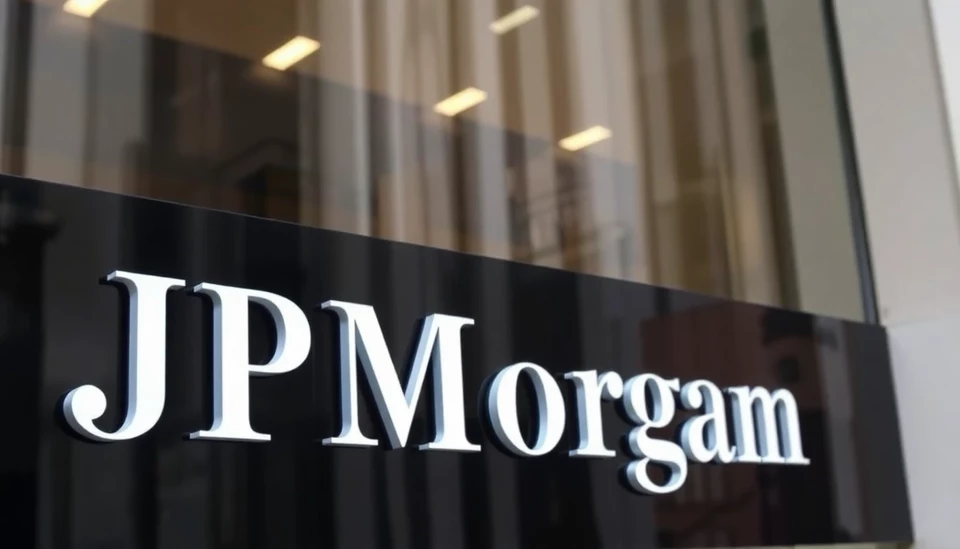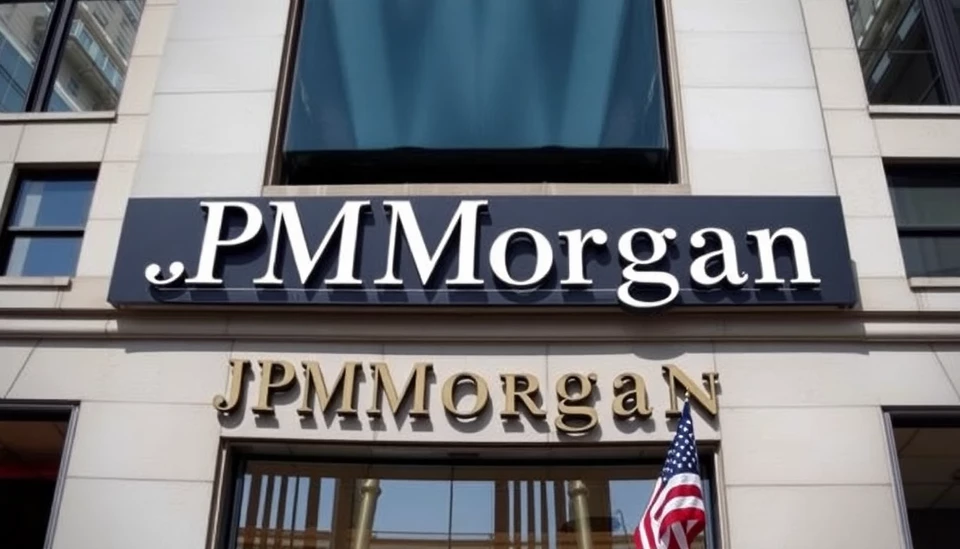
In an unexpected turn of events, the U.S. government is asserting that JPMorgan Chase & Co. found itself ensnared in a significant fraud scheme, highlighting the high stakes involved in the closure of the case against former bank employee, Jennifer Javice. The allegations center around bogus account diversification practices that misled the bank and ultimately resulted in substantial financial losses. This declaration is a crucial development in a case that has captured considerable attention due to its implications for both the banking industry and regulatory oversight.
According to court filings, U.S. prosecutors argue that Javice was responsible for executing a well-coordinated scheme that not only deceived JPMorgan but also contravened federal banking regulations. They contend that her actions were a direct violation of the trust the bank placed in her when she was employed to oversee customer accounts. The rapid development of digital banking has made regulatory compliance increasingly complex, and the charges against Javice underscore the vulnerabilities that even large financial institutions face when it comes to fraud.
As the narrative unfolds, it is noteworthy that prosecutors are framing the case as one of negligence on behalf of Javice, emphasizing how her calculated actions exploited existing vulnerabilities within the bank’s operations. Documents submitted to the court portray her as orchestrating fraudulent activities with alarming precision, a claim that threatens to elevate the case to a landmark legal battle. The implications for fraud prevention practices in other financial institutions could be widespread, potentially leading to increased scrutiny and heightened regulations at all levels of the banking sector.
The trial is poised to serve as a significant lesson on the importance of transparent practices within the banking community. With branches worldwide, JPMorgan's reputation as a leader in the financial landscape faces scrutiny as it navigates this legal quagmire. As the proceedings progress, industry experts are analyzing the banking giant's response strategies and their potential ripple effects across similar institutions.
Javice, formerly a rising star at the bank, now faces serious charges that could result in a lengthy prison sentence if convicted. The stakes are high not only for her but also for JPMorgan, which is attempting to safeguard its standing amidst these allegations of systemic failure in its oversight mechanisms. The tensions between innovative approaches in banking and the traditional regulatory framework underscore an urgent need for evolving compliance strategies in light of today's sophisticated fraud tactics.
The dual nature of this unfolding case raises key questions about accountability: how responsible should financial institutions be for the actions of their employees, and what measures can be implemented to prevent similar situations in the future? As the legal battle continues, stakeholders from various sectors are watching closely, anticipating shifts in policy that could redefine the contours of banking operations and staff accountability.
In summary, this case not only centers on Javice and her alleged misconduct but also brings forth broader issues regarding regulatory practices, fraud prevention, and institutional accountability that remain at the forefront of the financial industry. As resilience against fraud becomes paramount, JPMorgan is left to grapple with the implications of these serious allegations against one of its former employees.
#JPMorgan #Fraud #Finance #BankingSector #RegulatoryCompliance #JenniferJavice #LegalBattle #BankingFraud
Author: Victoria Adams




